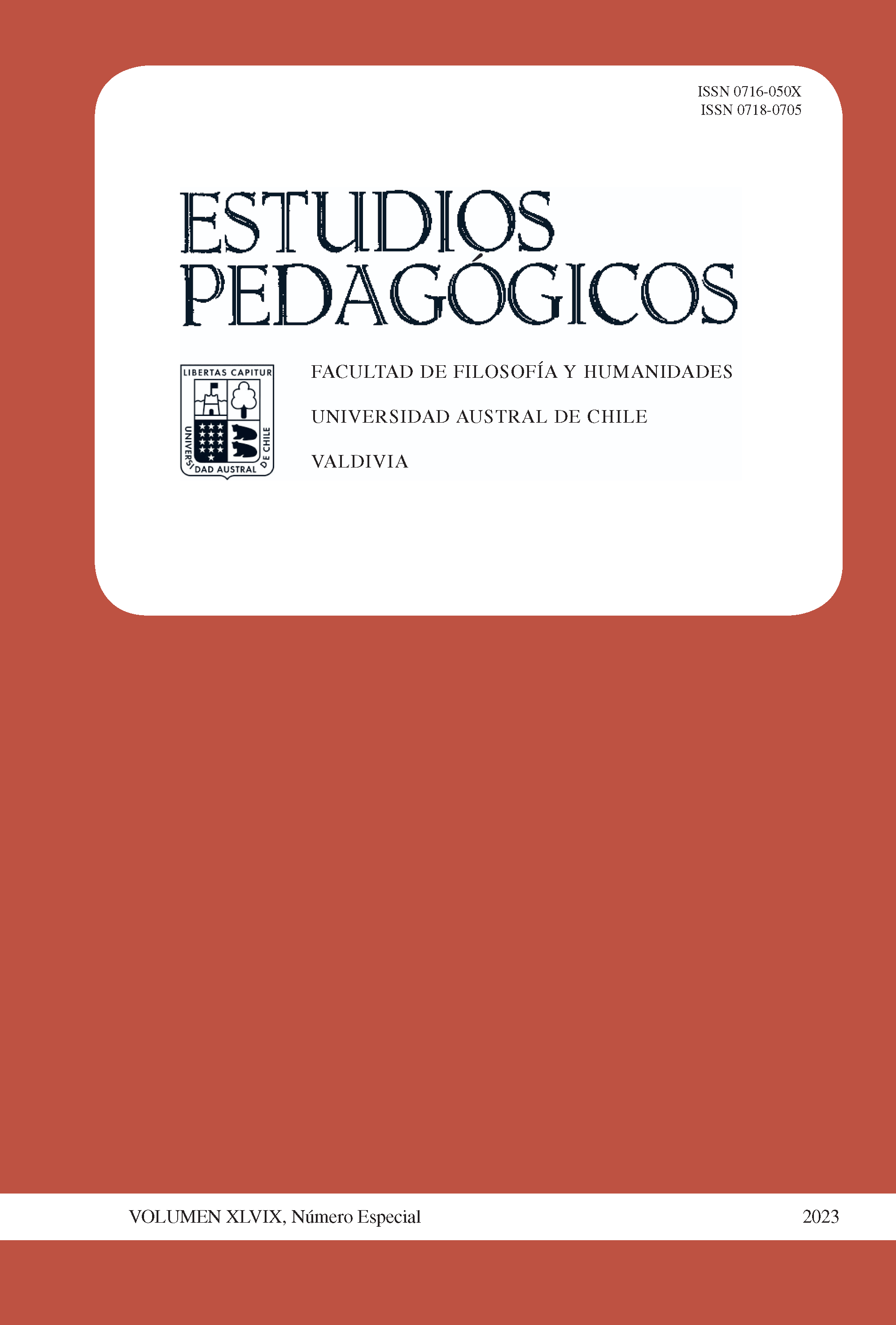Human Motricity and coloniality. Critical analysis of the school curriculum in Chile
Main Article Content
Abstract
In Chile, the school curriculum in physical education is determined by the National Council of Education, an institution that approves or rejects the proposals of the Ministry of Education. Currently, the physical education curriculum contemplates Curricular Bases, Fundamentals, Programs and Study Plans that are necessary documents to analyze to identify the ideological principles and discourses that underlie their construction. The objective of this article is to analyze from the physical education curriculum the treatment of human motor skills and the elements that determine its relationship with a colonial perspective. A qualitative method is used and a documentary analysis of the curricular documents is carried out. The main results are associated with the fact that the curricular bases and foundations in physical education in Chile and specifically on human motor skills establish a declaration of principles that is not necessarily included in the study programs. In these programs, colonial characteristics associated with colonial values such as detachment from their territory, movement of the body without reflection and sports competition to establish winners and losers are evident.


 https://orcid.org/0000-0003-3546-8976
https://orcid.org/0000-0003-3546-8976